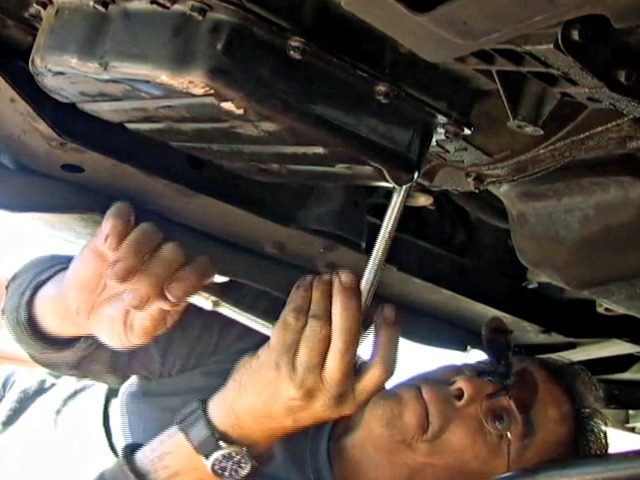Reshoring of jobs to the United States spiked in 2019 to the highest rate, outside the Great Recession period, since at least 2002, though corporations continue offshoring American jobs, research reveals.
Trade Adjustment Assistance (TAA) data, analyzed by Coalition for a Prosperous America (CPA) Chief Economist Jeff Ferry, finds that while the U.S. saw a surge in reshoring last year, multinational corporations like General Motors (GM), Verizon, Harley-Davidson, and Ford continue offshoring American jobs to foreign countries.
CPA analysis from June showed that U.S. reshoring of jobs in 2019 experienced “its largest positive move since 2002 outside of the recession year 2009.”
Ferry and Stephen Byers note:
Reshoring took place in 2009 as the recession cut back on U.S. demand for manufactured imports. But the subsequent recovery led to a resumption of massive offshoring between 2010 and 2015, with strong negative reshoring indexes and a net loss of 5 percentage points of market share to imports in those five years.
(Screenshot via Coalition for a Prosperous America)
At the same time, last year’s TAA data underscores the rate at which multinational corporations keep offshoring American jobs despite threats from President Trump to slap tariffs on their products.
GM, headed by CEO Mary Barra, offshored more American jobs than any other corporation last year — closing plants in Lordstown, Ohio, and five others. Last year, alone, nearly 4,800 American GM workers were certified by TAA as having lost their jobs.
The TAA data is “just a fraction of the total number of jobs lost due to imports,” Ferry notes, and there are likely many more American workers who had their jobs eliminated. Ferry continues:
Moving production to Mexico is a major factor in GM’s U.S. job cuts. Also, in recent comments to investors, GM CEO Mary Barra made it clear that she is putting a high priority on the China market, which she suggested could account for total sales of 30 million cars a year, more than double the 14 million unit rate she said might be a reasonable long-term U.S. sales figure. GM already exports at least one model from China to the U.S. [Emphasis added]
Harley-Davidson, which has been offshoring American jobs to Thailand since at least 2018, saw close to 1,200 workers certified by TAA as having had their jobs eliminated.
“Most of those jobs were likely not offshored but were simply cut, as Harley loses market share to imported motorbikes … Harley has long suffered from Japanese competition, which benefits from an undervalued yen currency,” Ferry writes.
Others offshoring American jobs include Verizon, where 1,070 workers were certified by TAA, and 1,056 workers certified by TAA as having had their jobs offshored by Ford.
“North America was the best-performing region for Ford, with revenue up one percent compared to a global decline of three percent to $143.6 billion. Still, it shifted jobs out of the U.S.,” Ferry notes.
“Verizon has a program to cut $10 billion out of its costs in the three years from 2019 to 2021,” Ferry continues. “The offshoring of 1,070 jobs played its part in reaching this goal.”
Additional multinational corporations listed among the top 25 in 2019 as having laid off Americans due to imports or offshoring include Symantec Corporation, Alorica, Inc., Husqvarna Consumer Outdoor Products N.A., Inc., Toys ”R” Us, Georgia-Pacific Consumer Operations LLC, Sitel Operating Corporation, First Call Resolution, LLC, Conduent Commercial Solutions, LLC, Caterpillar Inc., FCT US LLC, Del Monte Foods Inc., Concentrix CVG Customer Management Group Inc., Wood-Mode Incorporated, Kimberly Clark, Continental Tire the Americas, LLC, Tenneco Automotive Operating Inc., Felchar Manufacturing, Asteelflash USA Corp., ShopKo, nThrive Solutions, Inc., and Briggs & Stratton Corporation.
Trump has sought to reshore American jobs by imposing reciprocal tariffs on billions of dollars worth of Chinese-made goods, Canadian lumber, foreign steel and aluminum, and European products. For decades, Washington, D.C.’s free trade consensus has forced American companies to compete against cheaper, often subsidized, foreign goods market while multinational corporations moved production out of the U.S.
John Binder is a reporter for Breitbart News. Follow him on Twitter at @JxhnBinder.



COMMENTS
Please let us know if you're having issues with commenting.